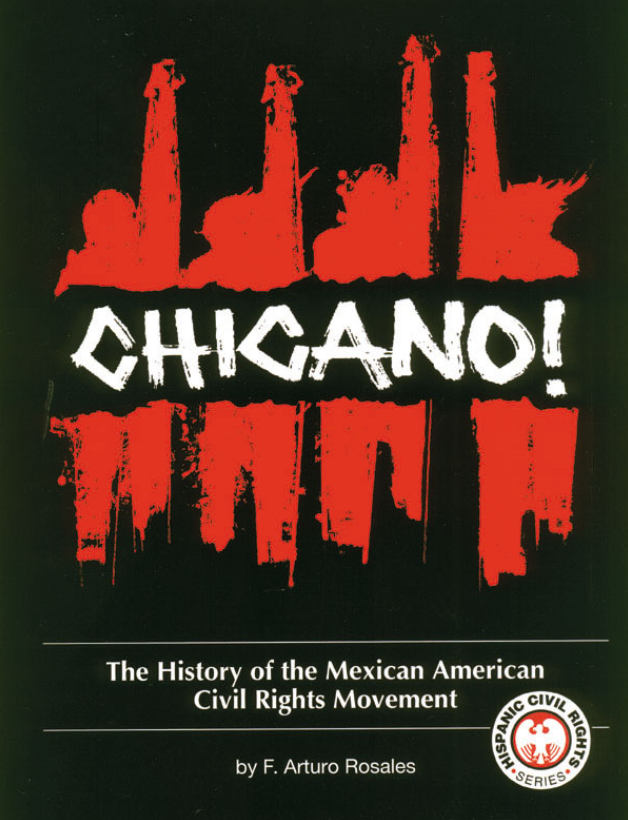Mapping the Latino Vote on Super Tuesday

*There’s a lot to keep an eye on this Super Tuesday. There are also many versions of the what’s-in-it-for-Latinos story. This is one of the best I’ve read. Colorado and Texas are where Latinos will show their impact. Virginia, believe it or not, as well. There are enough Latino voters in a tight race there to make a difference. VL
 By Victoria, Defrancesco Soto, NBC News
By Victoria, Defrancesco Soto, NBC News
Super Tuesday is do or die, with over a quarter of pledged delegates at stake for each party. Iowa and New Hampshire may be the electoral contests that produce viable candidates, but Super Tuesday is the kingmaker (or queenmaker this year). But beyond the electoral bulk of March 1st the primaries will give us important indicators about Latino political preferences.
Latinos in Texas are in the spotlight, but the growing role of Hispanics in other Super Tuesday states give us a sense of how the Latino voice is shaping up for the 2016 presidential election and beyond.
Texas – the 800 pound gorilla
Come November Texas (at least for now) is irrelevant because it is such a deep red state. But the Lone Star state makes up for that irrelevance in its giant footprint on Super Tuesday. Texas has the most delegates up for grabs and it is the state with the largest Latino electorate on Super Tuesday. Texas has the second largest Latino population and nearly 30 percent of the state’s eligible voters are Hispanic.
Click HERE to read the full story.
[Photo by Jon/Flickr]
Suggested reading


